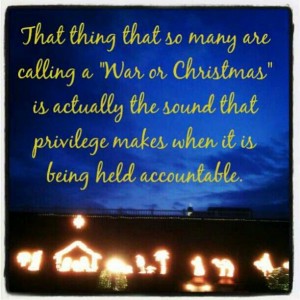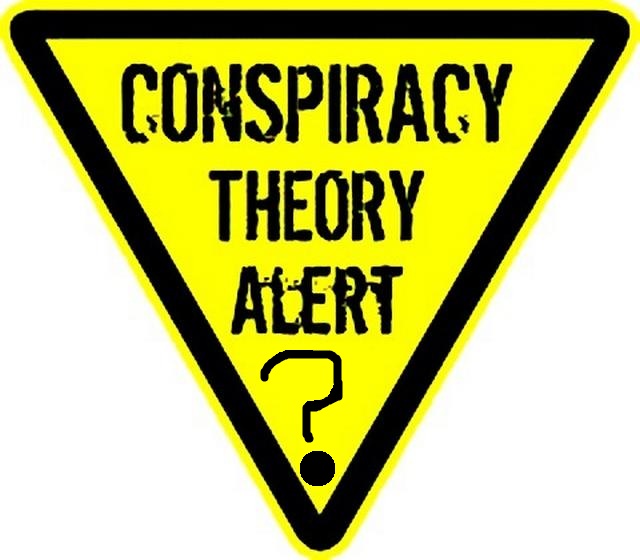 Is the FDA (US government, insert any other group here) hiding or suppressing a cure for cancer? To be honest, this topic makes me upset because I know people personally who have had cancer, and they have met the people working to find cancer cures. They’ve actually met the people who these conspiracy theorists are accusing of corruption and/or stupidity. I’ve also seen how damaging it can be for people to throw their life savings away to “cures” that don’t work, some even dying because they tried these alternative, unproven methods instead of getting the chemo that would have saved their life. But by the time they realized these other methods were bogus, it was too late. People have died or gone bankrupt because of this conspiracy theory, so I feel pretty strongly about it! Hence this blog.
Is the FDA (US government, insert any other group here) hiding or suppressing a cure for cancer? To be honest, this topic makes me upset because I know people personally who have had cancer, and they have met the people working to find cancer cures. They’ve actually met the people who these conspiracy theorists are accusing of corruption and/or stupidity. I’ve also seen how damaging it can be for people to throw their life savings away to “cures” that don’t work, some even dying because they tried these alternative, unproven methods instead of getting the chemo that would have saved their life. But by the time they realized these other methods were bogus, it was too late. People have died or gone bankrupt because of this conspiracy theory, so I feel pretty strongly about it! Hence this blog.
I found this article, which is really good by the way, you should check it out too: http://www.cancertreatmentwatch.org/q/conspiracy.shtml
Here is why I think this conspiracy theory about a hidden cancer cure and obsession with supposed “alternative cancer cures” are both very erroneous and damaging, and why I don’t believe what they’re saying is at all factual.
1. A Global conspiracy would be required.
In order to believe that there is a conspiracy to hide a cure for any kind of cancer, the entire civilized world would have to be in on it, not just the FDA or even the entire US government. As messed up as the US is, the rest of the world is not the same. You cannot assume that the rest of the world functions as badly as the United States. There are brilliant and dedicated cancer researchers all around the world, most of which who know someone who has had cancer and would let nothing stop them from curing the people they care about. It’s absolutely ridiculous, and honestly extremely offensive, to claim that every single one of them would allow a potential cure of ANY kind to go untested and a successful cure to be left unavailable to the general public. There are always a few bad apples, but everyone? Please. I’ve met some of these incredible men and women personally, and I would LOVE to see you tell them face-to-face about this “conspiracy” that they’re supposedly involved with after they’ve worked a 15 hour day trying to find a cure. If there was a viable alternative treatment for cancer, you would be able to go to any hospital in any civilized nation and get this cure; the US wouldn’t be able to hide it anymore because it would be available everywhere else.
2. It’s more expensive for governments to deal with cancer as it is now.
In many countries, such as Canada and Australia and much of Europe, the government pays for healthcare. Finding a cheaper way to cure cancer would most certainly be in their best interest, because they’re footing the bill– not only for the hospital bills, but they also have to cover unemployment while the person is sick, probably social assistance for the sick person’s family since he or she would be unable to work, they are unable to pay taxes while they’re sick, the workforce loses productive members which affects the economy, and so on. It is FAR more expensive to deal with cancer as it is then it would be to find an easier cure, even in the US, and we all know how penny-pinching governments are.
3. These “alternative cancer cures” are the conspiracies.
They are playing on the desperation and fears of people with cancer in order to make money and achieve fame. It honestly makes me pretty angry. I’ve looked into some of them because I know several people who are always promoting the work of these “doctors”; the supposed credentials and medical experience of the people involved are often very shady, and their supposed cures have been debunked many times by real scientists who have actually been trained in cancer research and treatment methods. Why do you think they are always accusing the real scientists of hiding a cure? Because they want you to fall for what THEY’RE selling you.
4. Success stories do not always equal truth.
Many people point to the success stories. “But these people got cured! You can read/watch their stories here!” First of all, I write for a living. I have been paid MANY times to write testimonials for companies that want to draw in more customers with glowing reviews. (Not my proudest moment, but I was poor at the time and had to take what work I could get or go hungry.) Ever since, I have been extremely skeptical of reviews and testimonials. They are faked ALL the time, and by writers like me who know exactly how to make them seem genuine. Videos and interviews can be faked too (COUGH weight loss scams, anyone?) If someone wants to sell you on a cure for cancer, or weight loss supplement or any other ailment, how hard is it to hire a few actors to play a role?
But let’s say that the people in these testimonials were genuine. How do we know if the story is accurate? Just because someone genuinely believes what they’re telling you doesn’t mean that’s what really happened. Correlation does not equal causality. Cancer affects people in different ways. An incurable cancer for one person may be cured by another person’s own body regardless of what treatments they use. A cancer that is deadly to 99.99% of people may come and go in another person. A few types of cancer are not hard to cure at all. And what about the failed cases? How can you trust that these unregulated organizations are telling you the truth about the percentage of people who come to them and see no results at all, or that experience negative results? Answer: You can’t. They are completely unregulated, so there is absolutely no accountability. Harp on the government all you want, but at least in the regulated medical world they are required to document all results, good and bad. You’re running from the government right into the arms of snake oil salesmen.
5. These conspiracy theories are actually hurting people.
So many people have fallen for these snake oil cures… many have spent their life savings, gone into debt, gotten even more sick, or have foregone chemo or other treatment methods that could have actually saved them. People have DIED because they trusted in these ineffective alternative methods instead of getting proven treatment methods that could have actually saved them.
But of course they won’t tell you this in these conspiracy cancer cure documentaries.
Don’t fall for the hype… there is no conspiracy to hide a cancer cure. To say so is to completely disregard and insult the incredibly hard work of the dedicated scientists around the world who are working night and day to cure each of the different kinds of cancer. Don’t fall for the snake oil salesmen and political paranoia… just because someone makes a good documentary doesn’t mean what it says is true. Check the facts, dig into their credentials, and don’t believe their stories just because they have an emotional interview or well written testimonial. They may be faked, or even if the person is genuine that doesn’t mean the treatment itself works the way they think it does. The only way to know if a treatment works is by real scientists doing tests over and over and over again, documenting every single result with the medical community so it can undergo rigorous peer review, testing every conceivable alternative conclusion to make sure they’ve got it right, and proving beyond any doubt that the treatment works.
(Just a thought: If you promote conspiracy theories like this all the time, when the evidence is all against it being true, eventually people will start treating you like the boy who cried wolf. When you DO actually uncover a real conspiracy, who is going to believe you?)
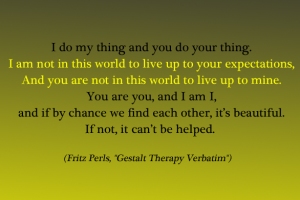 Many loved ones create mental expectations of what we should be. For parents, it’s common for them to create a mental image of how they want us to grow up. Friends, mentors, spouses, and other people in our lives can also creat these expectations.
Many loved ones create mental expectations of what we should be. For parents, it’s common for them to create a mental image of how they want us to grow up. Friends, mentors, spouses, and other people in our lives can also creat these expectations.
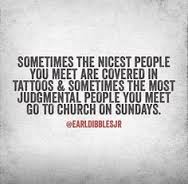
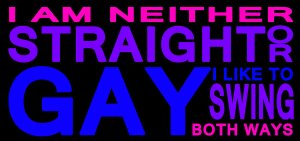
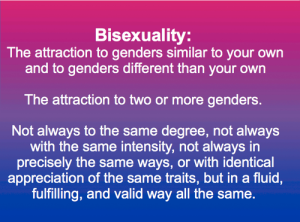
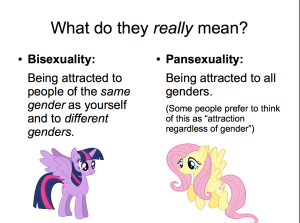
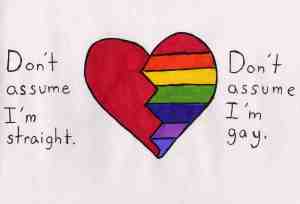


![jesus is the reason for the season_thumb[2]](https://lillyblack82888.files.wordpress.com/2014/12/jesus-is-the-reason-for-the-season_thumb2.png?w=300&h=236)


